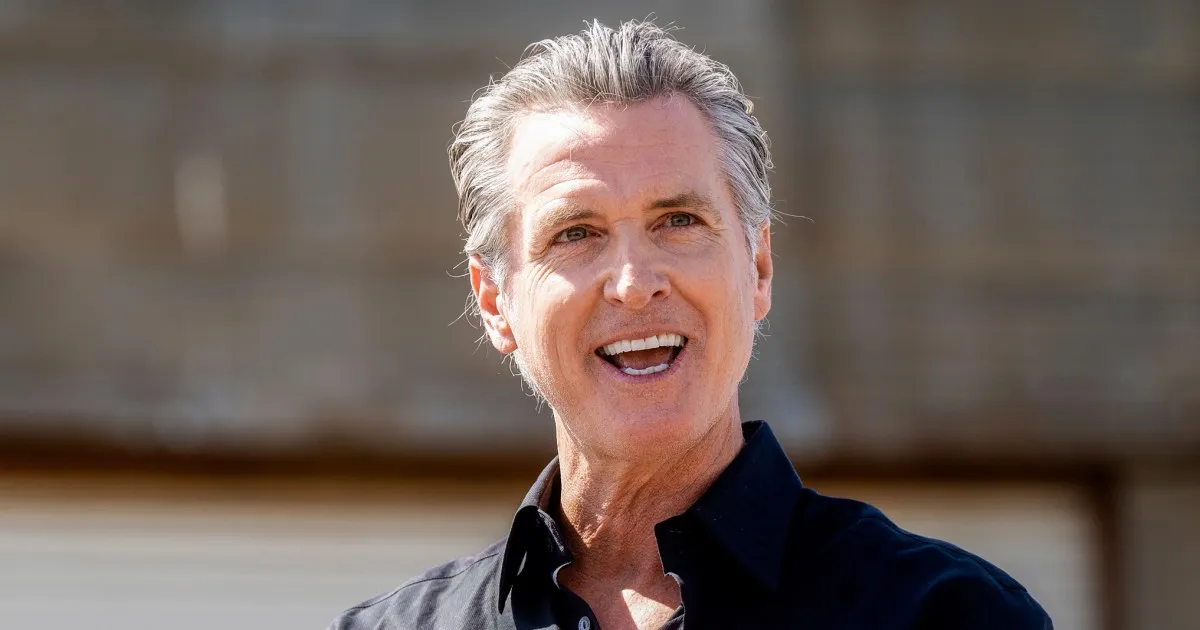
On Wednesday, California Governor Gavin Newsom is set to reveal a significant budget plan that will reduce health care benefits for undocumented immigrants. This announcement raises questions about the future of health care access in the state, particularly for those who have been promised universal health care, regardless of immigration status.
According to Newsom's office, the proposed financial adjustments aim to address a $16 billion shortfall in state revenues. This shortfall has been attributed to various factors, including what Newsom’s team describes as “Trump’s pendulum swings on tariffs” and increasing costs associated with a growing number of enrollees in the state’s Medicaid program, known as Medi-Cal.
As part of the budget presentation, Governor Newsom will announce an effort to continue providing health insurance to undocumented Californians, albeit with new regulations intended to control costs. This is a notable change from his earlier commitment to ensuring health care for all low-income adults, which included those without legal immigration status.
In the upcoming budget, Newsom's office plans to freeze enrollment for undocumented adults seeking to access the full benefits of Medi-Cal starting in the 2025-26 budget year. This freeze will only impact new applicants over the age of 19, while existing enrollees will not be removed from their plans. However, this freeze will not affect individuals enrolled in limited coverage plans that provide emergency or pregnancy-related services.
Additionally, under the proposed budget, a new monthly premium of $100 will be introduced for adults aged 19 and older with “unsatisfactory immigration status.” This term encompasses individuals whose immigration status disqualifies them from federally funded Medicaid, including those with lawful status and undocumented immigrants. These premiums are expected to take effect in 2027.
The timing of this budget proposal coincides with broader political tensions, as congressional Republicans push a bill that would cut Medicaid funding by 10 percent for states like California that offer health care coverage to undocumented immigrants. Newsom's administration is under pressure to find solutions that align with both fiscal responsibility and the commitment to expanding health care access.
Despite the proposed changes, Newsom's office insists that the plan is designed to safeguard coverage for millions of Californians while addressing the fiscal challenges presented by increasing Medi-Cal enrollment. The anticipated adjustments are projected to save the state approximately $5.4 billion by the 2028-29 budget year.
These budgetary changes mark a significant shift from Governor Newsom's initial groundbreaking initiatives aimed at expanding government-provided health care access for all low-income adults, including those living in the country illegally. The rising costs associated with these expansions have been a source of financial strain, prompting the need for corrective measures.
In a statement, Newsom’s office emphasized the administration’s commitment to protecting immigrant communities, asserting that “California is leading the nation in expanding health care access.” The statement further acknowledged that while fiscal challenges necessitate difficult decisions, the commitment to health care access for all remains a priority.
As Governor Newsom continues to navigate these complex issues, many observers are watching closely, especially given his potential aspirations for the 2028 Democratic presidential nomination. His recent policy shifts, including a call for California cities to expedite the clearing of homeless encampments, suggest a strategic alignment with more moderate positions on various pressing issues.